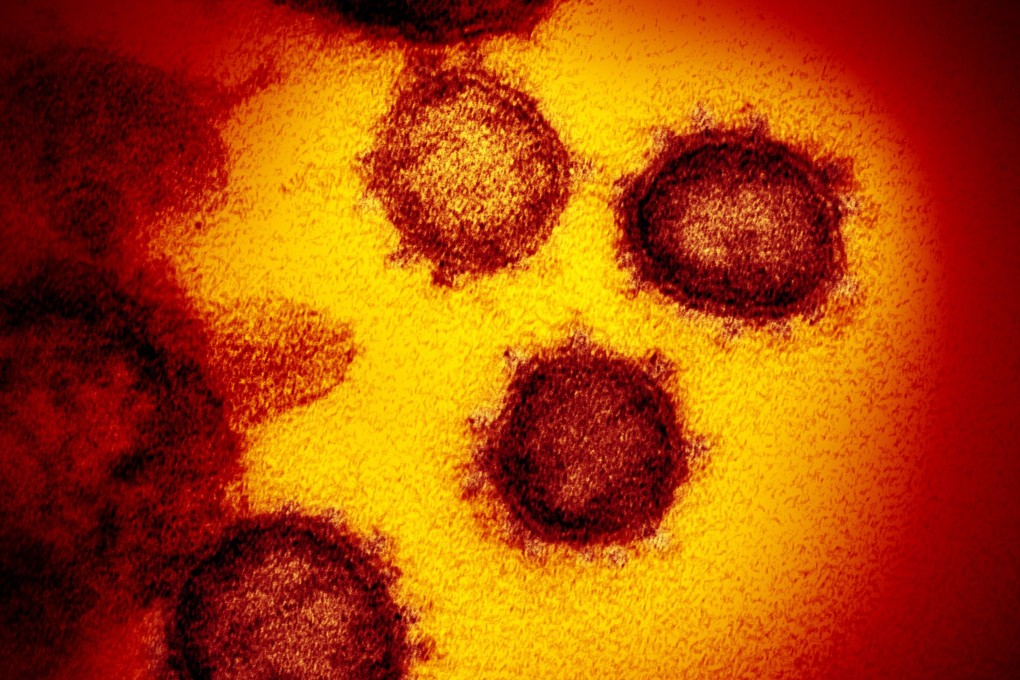Explainer | Coronavirus: what’s the difference between ‘variants’ and ‘mutants’? With Hong Kong on edge over new cases, here’s what you should know
- City has so far uncovered 10 local cases of variants in the community, as fears grow this could be the tip of the iceberg of a new wave
- Expert stresses protection against new virus forms remains the same – mask up and get vaccinated

This story has been made freely available as a public service to our readers. Please consider supporting SCMP’s journalism by subscribing.
How did variants emerge?
Viruses mutate naturally over time when they replicate. Dr Siddharth Sridhar, a clinical virologist from the University of Hong Kong, said it remained unknown how exactly such coronavirus variants surfaced, but he pointed to three main possibilities.
“During continuous transmission, the virus will develop some mutations enabling it to infect people more easily or be transmitted more effectively,” Sridhar said, adding that variants with these features would become dominant under the Darwinian concept of survival of the fittest.
Another possible explanation centred on animals as the source, the expert said. He noted that a lot of animals were also susceptible to the coronavirus, such as cats, tigers and minks.